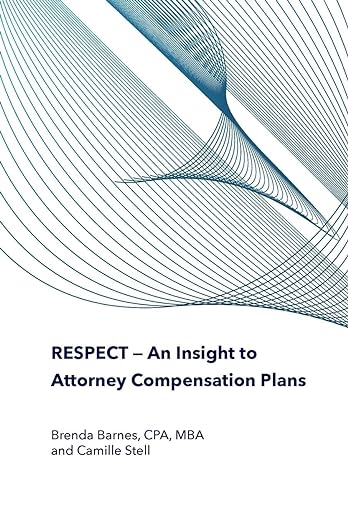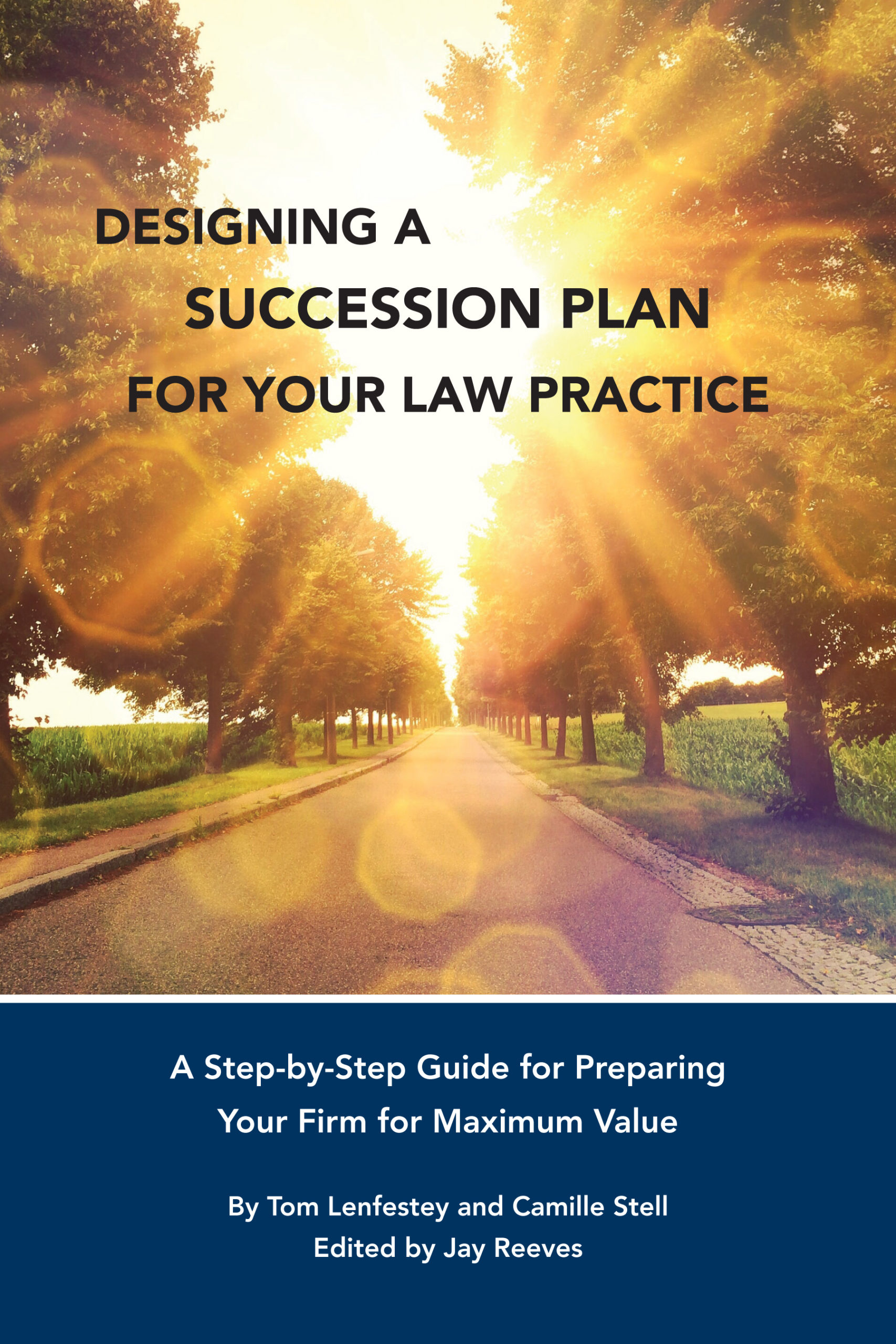
By Laura Mahr
WHAT IS A RESILIENT MINDSET?
I don’t know of a single person in our profession who has not dealt with a personal or professional setback. While most of us have honed a few coping skills for trying times, many of us are finding our skills are falling short during the pandemic and its aftermath – the unknowns are too vast and the tragedy too great. As we move forward, a resilient mindset may be what allows us to stay afloat mentally, emotionally and financially in these rocky waters. Ultimately, a resilient mindset may mean the difference between holding steady with an anchor and being tossed around in the waves.
Resilience is our ability to bounce back from a setback and adapt when things don’t go as planned. It arises through a process of understanding our emotional response to the setback and by making meaning of what we learn while recovering. Our mindset is a compilation of our beliefs, attitudes and mental states that orient us to what is going on and what we should do (or not do) about a given situation. A resilient mindset allows us to adapt our beliefs, attitudes and mental states such that we can bounce back from setbacks and unanticipated changes. A resilient mindset is one that both allows space for “what is real” in the moment – including difficult emotions such as fear, sadness and loneliness – and space for something new and improved to emerge.
No one yet knows what the full impact of the coronavirus and its aftermath will be; however, our mindset will determine how we remember and talk about what happened and will determine what we make of our lives now. If we strive to have a resilient mindset, we will be able to adapt and bounce back from all we have lost and make the most of what we have gained in the past few months.
During quarantine, in the peak of the pandemic, I received an email from a client, Jessica Yañez, a North Carolina attorney and owner of Yañez Immigration Law in Greensboro. Her email so clearly illustrates the power of employing a resilient mindset during challenging times that I asked her for permission to excerpt from it here.
“Hi Laura,” her email began, “I wanted to share some of my personal thoughts about the current coronavirus situation. We are definitely in unprecedented times, and lots of people are suffering. There was one day that I worried myself sick and ended up having a good, long cry because I just felt so bad for all of the people suffering and my fear of the unknown.”
As I read the opening lines of Jessica’s email, I could feel her distress and concern due to the trauma and uncertainty of the times. And yet, when I read her next sentence, I started to smile: “Once I got past that day, things have been so much better.” As I continued to read her email, it was apparent that Jessica had adopted a “resilient mindset” to help her and her family cope with pandemic-related setbacks. Her email went on to exemplify ways she and her family were adapting both their attitudes and their lives in resilient ways.
“I am embracing the unknown and enjoying so many new things,” she wrote. “I always said I wanted to work less and spend more time with my kids. Now I am staying home two days a week with them and spending so much quality time with them. I am embracing technology and all of the things it has to offer. I did a painting class online Friday evening; I started having the kids do photography scavenger hunts. Our son turned 12 at the end of March and finally learned to ride the bike we got him when he was six years old! He learned to mow the lawn, too. My daughter is doing an online art class, and we do free online education and yoga lessons together. I also signed them up for a virtual book club and an online cooking club. We made a home gym in the garage and work out together. It’s like we are finally able to do all the things I’ve always wanted to do but was too tired or too stressed to do.”
Embracing the unknown is a useful approach to cultivating a resilient mindset, and oftentimes creativity emerges as a result, just as Jessica and her family discovered. A resilient mindset can also open us up to deepening our relationships with ourselves and those we love. Jessica’s email continued: “I gardened for the first time and even got a bike myself! I’ve connected more with my husband, and we have taken time to talk about things that really matter to us.”
Cultivation of a resilient mindset can be done at both work and home. When we foster a resilient mindset toward our home life, it crosses over into our work and vice versa. The adage, “The way you do anything is the way you do everything,” applies to our mindset, and we can reap the benefits of resilience in both places, as Jessica’s email illustrates. “As for the firm, we are still steady, and we now have time to do everything we wanted to but didn’t have the time before. At the end of this month, we are going to do a complete file review for every case in the office. We will reach out to everyone with a pending case to say hello and check in. We will use the time after that to get ahead on every case.”
Most importantly, a resilient mindset makes meaning out of what we lost and connects it with what we gained. The closing lines of Jessica’s email illustrate she was doing that. “I know everyone processes this differently, but this has been a blessing in disguise for me. Some people may feel overwhelmed and not want to be given a laundry list of things to do, but I feel like now the world has given us the much-needed gift of slowing things down and letting us take time to rest and do things we always wanted to do.” I was touched to read Jessica’s email and felt proud of her for investing her time in cultivating a resilient mindset long prior to the pandemic. It was clear she had “done her homework,” and her resilience kicked into gear when she needed it.
Months now into the pandemic, we know that not everyone is experiencing it in the same way, and not everyone is naturally embracing adversity with resilience. Many of us are finding we cope better in some areas than in others, and our resilience ebbs and flows. I checked back with Jessica in October and asked about her experience since the beginning of the pandemic. She replied, “Looking back on the past seven months, there have been major challenges in our world and in my life – frustrations with remote learning and worrying about our children’s education, retirement accounts fluctuating, worrying about clients who have COVID, fearing for the future of the firm, concerns about racism and the upcoming election … wondering when this will all end. There also have been many losses, including missing out on the joys of gathering to celebrate important life events and experiencing the sorrows of people dying and not being able to gather together to mourn.
She continued, “While my family, firm, community and our world have experienced a lot of setbacks and numerous losses, this is the year we also showed our strength. This year, as a society, we have been through an ongoing and unprecedented challenge together. It’s allowing us to talk openly about things that previously we bottled up inside. 2020 is the year we are being called to create a new normal in our personal lives by slowing down and reflecting on what we want to prioritize.”
I asked Jessica what she’s gained this year and what is meaningful to her about what she’s learned from the losses. She shared: “I have found great meaning in trying new things. If I liked the new thing, I did more of it, and if I didn’t, I let it go. I used to joke about never working out, and now it’s a regular part of my life. I have come to understand I have the ability to focus on what is within my control and to be informed about the world around me without letting it make me feel helpless. I learned with each new challenge I have the strength and capability to find solutions. I’m realizing while there have been a lot of losses, they are making way for new gains. This is an empowering time where we each can discern what is important to us and make the changes in our daily lives over which we have control. I have come to appreciate that while we cannot control the pandemic, we can begin to design the lives that we’ve always wanted but never had time to make happen.”
Not everyone is experiencing the pandemic in the same way, and not everyone will naturally embrace adversity with resilience. Most people will find they are coping well in some areas and not as well in others. Many of us are finding that as the pandemic continues on, our resilience ebbs and flows. If you are struggling right now, know it is normal to be challenged professionally and/or personally during such tumultuous times, and you are not alone. It’s possible to draw inspiration from others’ stories – it may spark an idea that resonates with you or inspire you to seek help from a therapist or resilience coach to realign with your goals in life.
If You Would Like to Begin Cultivating a Resilient Mindset Right Now, Try This:
Step One: Account for What You Lost – As you process your experience with COVID-19, take a moment to acknowledge how it set you back and what you lost. Perhaps professionally you lost something that gave you security – like your job or your firm, the benefits you receive from full-time work or your confidence in being able to run a business. Maybe you lost something that gave you satisfaction or joy – like having a routine, writing a brief, going to court or winning a case. Perhaps the biggest thing you lost was your face-to-face connection to your colleagues, your clients or the people you saw in court. You may even have experienced a loss of identity as a professional as your work calendar cleared and clients stopped calling.
There may also be numerous personal losses to account for as well. You may have lost someone you know to COVID-19 or suffered another loss, like not being able to attend your child’s graduation, a family celebration or your own retirement party. Or perhaps you missed out on a vacation or travel for spring break. It’s OK to account for smaller, daily losses, too, like the loss of freedom to travel, leave your home, grocery shop with ease, get a haircut and so on.
Note that you also may be experiencing “anticipatory grief” – fear of the loss of things to come. If that is the case, account also for what you’re afraid you may lose in the future.
Make a List Now of Your Losses and Setbacks
Step Two: Make It Manageable – Choose one of the losses from your list and focus on that as you go through the next steps in this process. You can do steps two through five for each item on your list if you’d like. Part of having a resilient mindset is giving yourself the opportunity to digest and process your setbacks in small chunks so you don’t feel overwhelmed.
Step Three: Acknowledge Your Feelings – Acknowledge the feelings that came up when you experienced the loss and may still be coming up now as you account for what you lost (or what you fear losing in the future). For example, “I feel doubt, fear, sadness, confusion, disillusionment and/or shock because when I got furloughed, I lost my confidence, security, peace, sense of accomplishment and control, and I felt alone.” As challenging as it can be to feel the uncomfortable feelings that accompany your loss, doing so is a key step to being able to process your emotions and move through the grief that arises from the loss.
Step Four: Give Yourself Support – This is one of the most important steps, even though it can be the most difficult for us as lawyers and judges to seek and receive support. Giving yourself support can be as simple as saying something kind and understanding to yourself like, “Ouch. That hurt. Of course, I feel all of those feelings because that was a big loss, and it set me back.” Taking a deep breath, sighing or going outside may also help. You may want to find additional support by talking to a friend, colleague or loved one about what you’ve lost and the feelings that come up when you think about it. If you feel inconsolable after trying a few different avenues for self-support, reach out to a mental health care provider and/or the Lawyers Helping Lawyers Assistance Program for professional support.
Step Five: Reflect on What You Gained and Make Meaningful Connections Between What You Lost and What You Gained – This is the pinnacle step in creating a resilient mindset. To bounce back from a setback better than you were before it occurred, make a connection between what you lost and a skill, belief, attitude or mental state you gained as a result of what you lost. For example, “I lost the ease of going to work and seeing clients in person, but I figured out how to work from home and use video conferencing to connect with clients in a new way.” Or, “I lost the financial security I got from my job, but I found out I can budget and cut back when I need to.” Or, “Because I live alone, I lost my normal sense of connection with my friends, but I feel like I know myself better now, and I made new connections with my neighbors and learned to cook.” Or, “I lost someone I love during COVID, but I gained a greater understanding of how to cope with loss by reaching out to a therapist virtually for support.” If you can, see if you can feel gratitude or appreciation for what you’ve gained. Don’t push it, though – if feelings of gratitude and appreciation don’t naturally arise, it’s OK. You may be too close to the loss and setback right now to feel much appreciation. In that case, just stick with what you gained and its meaning for you.
Step Six: Envision a Future You – This is the pinnacle step in creating a resilient mindset. Giving the mind a future good to focus on can prevent fear-based rumination that can lead to feeling stuck right now. To effectively envision a future you, invite your imagination in to help. Think about a scene that represents that you or your circumstances have changed for the better. You may wish to envision a time in the future where you feel safe and peaceful, a sense of joy and connection and a sense of meaningful purpose. For example, if you are unable to gather with family for the holidays, envision a time in the future when you will be able to celebrate together, how joyful it will feel and how relaxing and meaningful it will be to feel a sense of belonging and connectedness. Even if there are currently obstacles in the path to having what you’re imagining, set the obstacles aside and enjoy imagining where you’re headed.
As you rebuild over the next few months and find yourself looking for an anchor, check in with your mindset. Try on a resilient mindset for an hour, or a day or a week, and see if employing it calms the waters and improves your perspective, well-being and productivity. If you like how it feels, keep at it. The more you practice, the easier cultivating a resilient mindset becomes, and the sooner it turns into a habit that improves your whole outlook on life’s setbacks.
Author’s Note: Thank you to Jessica Yañez and her family for their willingness to share their experiences.
This article originally appeared in the Summer 2020 issue of the North Carolina State Bar Journal and is reprinted with permission.
Feeling overwhelmed?
When you’re feeling overwhelmed, pause. Take a few minutes to identify the following:
- What are the things that are challenging me in this moment? For example, “I don’t have enough time to write this brief to my satisfaction because I am simultaneously thinking about trying to finish x, y, z today.”
- What are the predominant emotions I’m feeling right now? For example, frustration, fatigue, confusion, mental disorganization.
- What’s going well in this moment or with each of these challenges? For example, “I know the law, I am clear on the facts, I have a few hours to focus on the brief this afternoon, I don’t have to do this alone – my co-counsel said she’ll be able to review and edit the brief tomorrow morning.”
- What resources do I have at my disposal that can help me get through this? Resources may be internal – like a sense of humor or a feeling of clarity – or external – like a quiet place to work or another person who can help.
- What feels better, even in a little way, after identifying each of these resources? For example, “I just took a deep breath when I realized I had time and help. My head cleared when I remembered I have a good grasp on the argument.”
- What are three steps I can take right now to help alleviate the overwhelm? For example, “Set a timer for an hour and focus on writing for that hour. Ask my family if they will give me space to work until the timer goes off. Schedule a time to do the other things on my to-do list tomorrow after the brief is finished.”
This information is excerpted from “Unpacking Overwhelm,” published in the North Carolina State Bar Lawyer Assistance Program’s Sidebar Publication, Sept. 8, 2020, and is reprinted with permission.
ABOUT THE AUTHOR
Laura Mahr is a North Carolina and Oregon lawyer and the founder of Conscious Legal Minds LLC, providing mindfulness-based wellness coaching, training and consulting for attorneys and law offices nationwide. Her work is informed by 13 years of practice as a civil sexual assault attorney, 25 years as a student and teacher of mindfulness and yoga, a love of neuroscience and a passion for resilience. Learn more about her work at consciouslegalminds.com.



